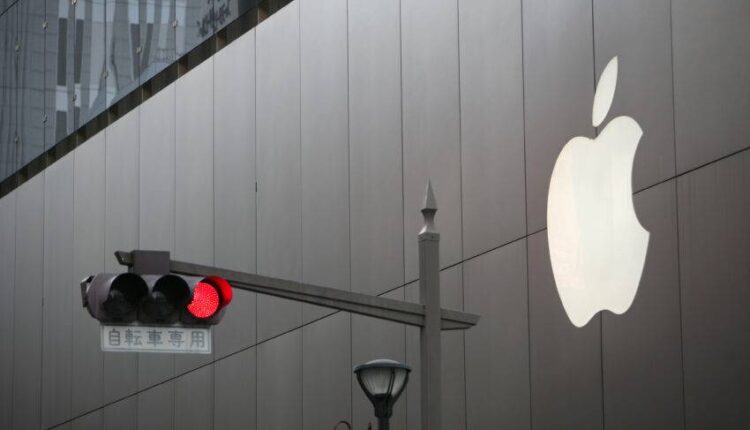Apple has reportedly decided to cancel its plans to develop electric vehicles (EVs), a project that has been in the works for around a decade.
The company, known for its iPhone and other consumer electronics, had been rumoured to be working on the project involving approximately two thousand employees, but it has never publicly acknowledged it.
According to Bloomberg News, many employees from the project will now be reassigned to Apple’s artificial intelligence (AI) division. The team working on the Apple car project, internally known as the Special Projects Group under CEO Tim Cook’s Project Titan, had initially focused on developing a fully autonomous vehicle without a steering wheel and pedals, investing billions of dollars in research and development.
“This is a smart and long-awaited decision,” commented Ray Wang, founder and CEO of Silicon Valley-based consultancy Constellation Research. “The market demand for EVs is not there, and AI is where all the action is.”
Apple’s exploration of opportunities beyond its traditional products, such as the iPhone and computers, includes ventures like the recently launched Vision Pro virtual reality headset. Meanwhile, the market for AI in consumer electronics is experiencing significant growth, according to research firm Counterpoint.
The decision to halt the EV project comes amid a challenging landscape for the automotive industry. Demand for EVs has slowed, borrowing costs remain high, and competition among major players intensifies. Both Ford and General Motors in the US have delayed plans to expand EV production, and electric truck maker Rivian recently announced workforce reductions and projected no growth in production for the year.
Even Tesla, led by Elon Musk, has faced challenges, including weaker sales growth projections for the year compared to 2023. The company has responded by reducing prices in key markets globally, facing tough competition, particularly from Chinese rivals like BYD.
Elon Musk’s response to reports of Apple’s decision on the EV project, posted on the social media platform X (formerly Twitter), consisted of emojis depicting a salute and a cigarette.

